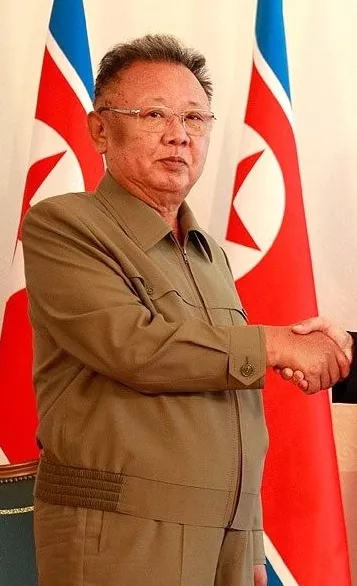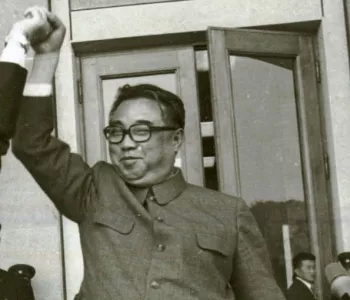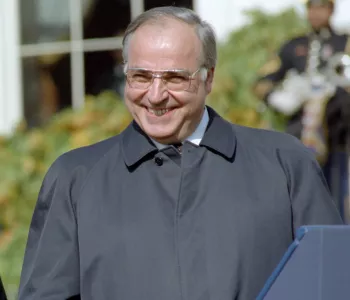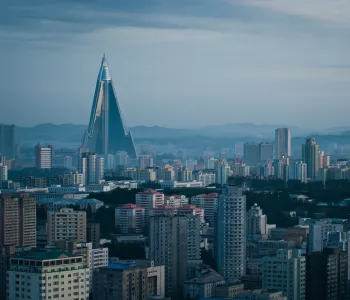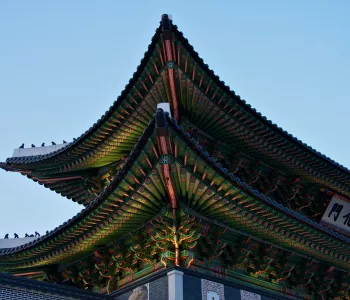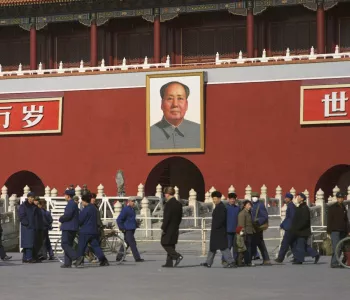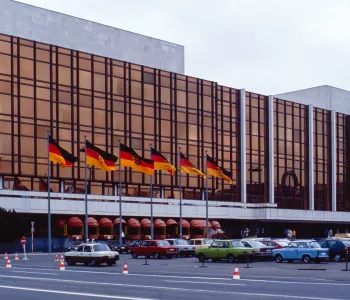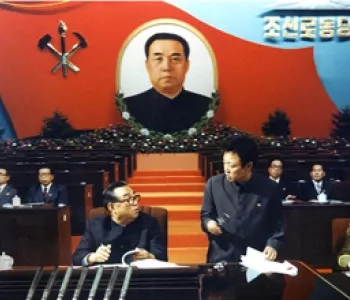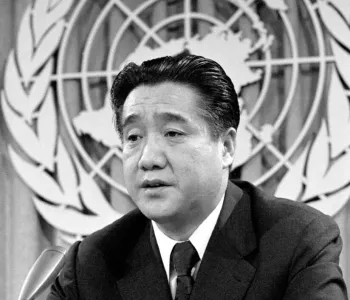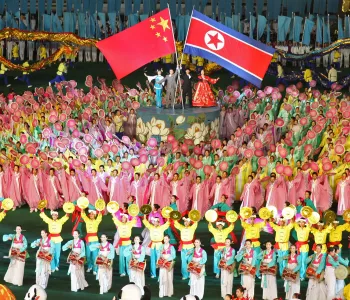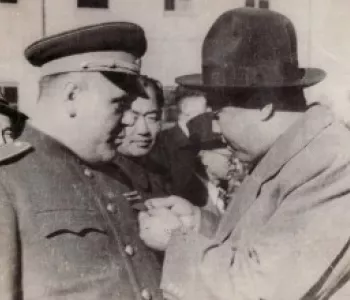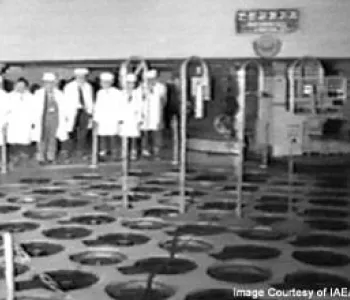In August 2008, Kim Jong Il suffered a stroke and did not appear for several months. This led to many rumors about who was actually running the country, especially when some apparently doctored pictures were published to show that he was still active. There was also speculation about a possible successor. When Kim reappeared in January 2009, he had visibly lost weight and appeared to have limited movement in one arm but seemed to be in full possession of his faculties. However, the naming of his third son, Kim Jong Un, who bears a remarkable resemblance to his grandfather Kim Il Sung, to a number of positions in September 2010 indicated that he was finally giving some thought to the succession issue. Kim Jong Un was not formally identified as his father's son, but his apparent ease in his presence and his regular appearances alongside Kim Jong Il, together with his remarkable similarity to his grandfather hinted toward the relationship.
Kim Jong Il's death was announced by the DPRK media on 19 December 2011, two days after it was said to have taken place on his train while he was on an inspection trip. ROK sources immediately cast doubt on the report saying that the train had not left Pyongyang. Wherever he died, there was no disputing the fact of his death, as DPRK television showed him lying in state at the Geumsusan Memorial Palace, where Kim Il Sung's embalmed body also lies, while mourners, including Kim Jong Un but not his brothers, passed by. The funeral on 28 December was also broadcast internationally, although not live, showing scenes of mass grief in the midst of heavy snow. No foreign delegations were invited, but the Chinese ambassador apparently attended. It was later announced that the body would be embalmed and take its place in the Geumsusan Memorial Palace with Kim Il Sung. His birthday, 16 February, would henceforth be celebrated as the Day of the Shining Star. Within the DPRK, the official statement was "We suffered the greatest loss in the history of our nation as a result of the sudden, unexpected and tragic loss of the great leader Kim Jong-il," as stated by Yang Hyeong-seop, vice president of the Presidium of the SPA in an interview with the newly opened Associated Press office in Pyongyang in January 2012. Kim was said to have made the DPRK strong and independent through the development of nuclear weapons. Postage stamps depicting Kim Jong Il and books about his life quickly appeared. Echoing many themes from recent years and linking the legacy of the two deceased Kims, the party newspaper, Rodong Sinmun, began carrying a moving banner on its Internet page that called on people to go "All out for a general offensive to achieve the prosperity of the great Kim Il Sung's nation, Kim Jong Il's Korea."
International assessments of Kim Jong Il's legacy were generally negative, blaming him for the continued economic decline of the country, for abuses of human rights, and for pursuing nuclear and missile programs in defiance of world opinion. DPRK defectors/refugees were particularly negative. There were widespread claims that Kim Jong Il was far less popular than Kim Il Sung and that apparent outpourings of grief were all staged with serious consequences for those who did not fully participate. Commentators in China and Russia were somewhat more nuanced, noting the continued existence of the DPRK 17 years after Kim Jong Il took power despite the widespread predictions in 1994 that neither he nor the regime would last.
All rights reserved. No portion of this publication may be reproduced, stored in a retrieval system, or transmitted in any form by any means, electronic, mechanical, photocopying, recording or otherwise without the prior written permission of the publisher. (Historical Dictionary of the Democratic People's Republic of Korea, by James E. Hoare, published by RLPG Books, appears by permission of the author and publisher).